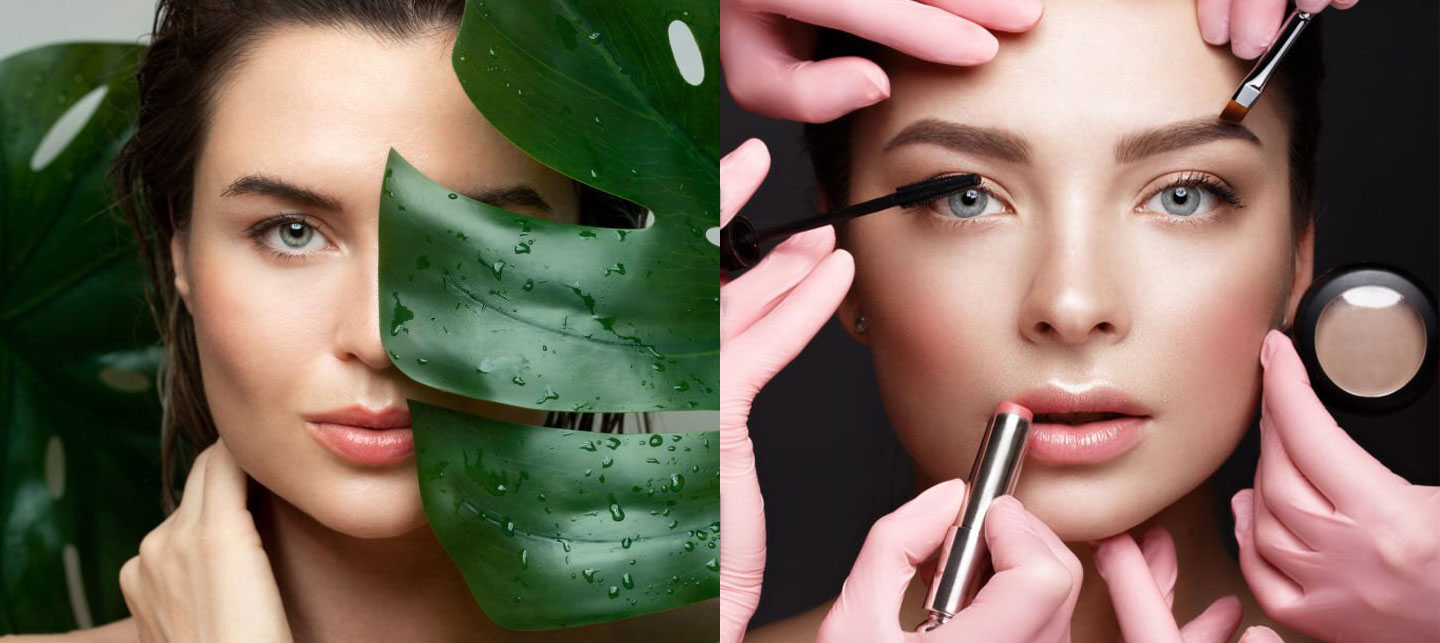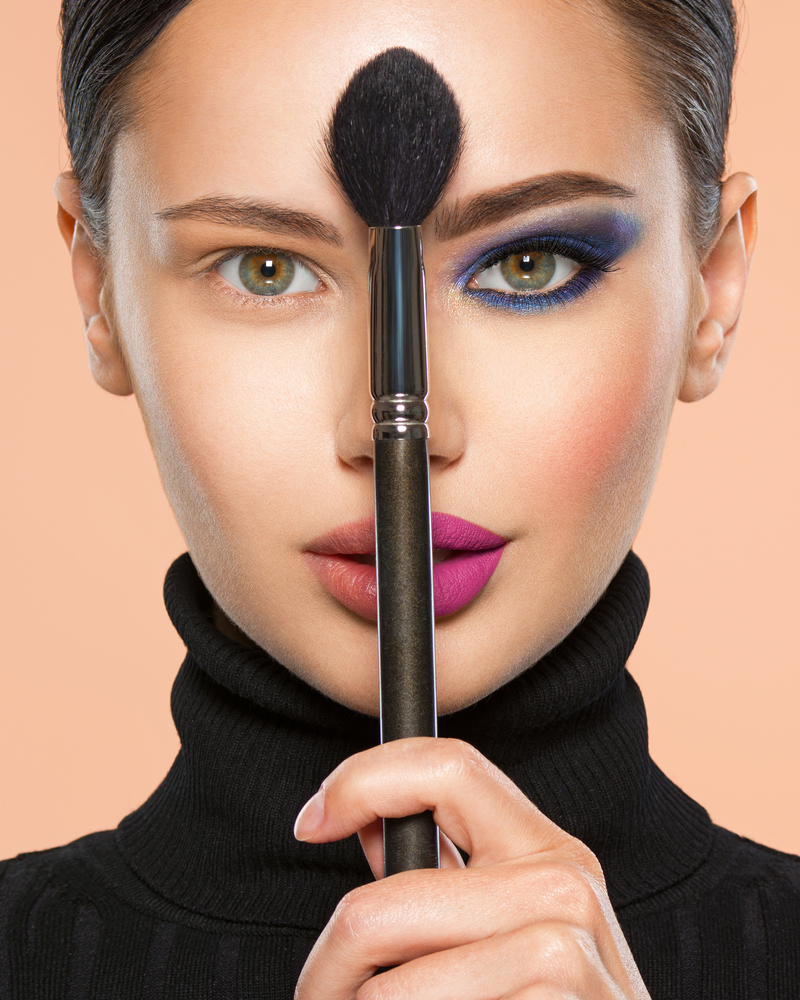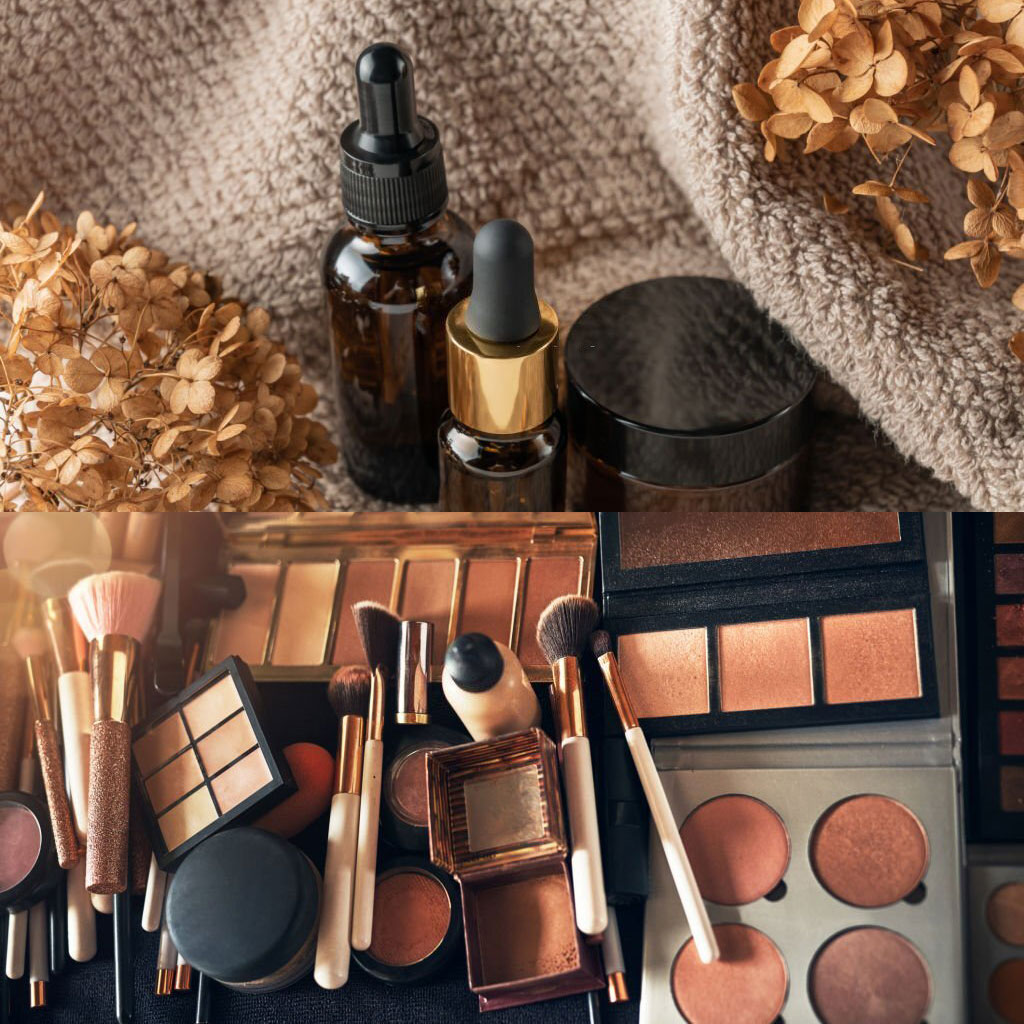Have a query?
Research Request:
Job Interest:


AWE Research sheds light on changing consumer expectations and the future of Beauty trends in the MENA region. The global beauty industry has seen major upheaval in the last few years, impacted by digital media, new generational preferences, and of course, the COVID-19 pandemic. In the Middle East and North Africa, beauty standards and applications have never been more diverse. Keen to learn more about the changes at play, AWE conducted several extensive studies across the MENA region to better understand female consumers ages 18 to 45 and uncover their perceptions, motivations, applications, and attitudes towards shifting beauty concepts.
Our findings indicated a clear polarization in consumer values and beauty definitions both across and within MENA markets. Surprisingly, these differences were not driven by geography, socio-economic status, or age groups. Instead, we learned that consumer expectations around the role beauty should play in their life are shaping the industry in unprecedented ways.
Perfectly Perfect: A new take on old beauty definitions
At one end of the spectrum, we found that consumers are fully committed to an idea of “Flawless Beauty” that resembles celebrities or influencers like Yasmine Sabry, Haifa Wahbe, Engy Kiwan, and Fozaza. What we call the “Perfectly Perfect” mindset encompasses an exhibitionist, outwardly glamorous, celebrity-like beauty preferences and routines. While beauty standards are constantly changing and trends are difficult to keep up with, consumers in this group will keep up with the status quo no matter how exhausting it is because looking perfect is an important part of their identity.

The old adage “beauty is an asset” has never been more true. One trend we identified shows that consumers feel empowered when they highlight their features and accentuate their beauty. We live in a competitive world where beauty is capital that can be cultivated with the right products and tools. Investing effort, time, and money into looking perfect can have high returns and help people feel better about themselves.
The “Perfectly Perfect” attitude is further compounded by the complex intertwining of our real-life and digital selves. Consumers are increasingly online, so it makes sense that they strive to attain the perfection they see on social media and emulate it in their daily beauty routines. It does not matter to them that this image is made possible through filters or editing because their efforts to mirror beauty ideals signify their ambition to the world. These women believe “more is more” and don’t mind taking drastic steps or invasive procedures to achieve their desired look. However, they do want to ensure the high-performance products they require are not damaging to their features in the long run.

Perfect Imperfection: A rebellion against the mainstream
Responding to what they view as unattainable, a substantial number of women in the MENA region are rejecting “Flawless” beauty standards and the goal of physical perfection altogether. The “Perfect Imperfection” mindset is not interested in reflecting “cookie-cutter” ideals or using invasive, artificial means to enhance their beauty. The women in this group revel in the imperfections that make them unique and refuse to let brands box them in.
We found that many consumers are calling for greater recognition and appreciation of natural imperfections, which they believe are genuine markers of beauty. Women are adamant that true beauty comes from within and should be inclusive because we are all unique and we are all beautiful. With this in mind, consumers want brands to offer diverse products and authentic communication that represents a range of physical attributes.
According to the “Perfect Imperfection” perspective, a beauty routine is just as important as the outcome. These consumers want to experience a sense of nurture by using products that are efficient, effective, and, above all, good for them. People are paying more attention to “natural”, chemical-free ingredients that still deliver fast-acting results. At the same time, many women are busier than ever and in contrast to extensive multi step approaches, they think “less is more” when it comes to their beauty routines. These women value a streamlined approach based on minimalistic and practical “power” products
Research Request:
Job Interest: